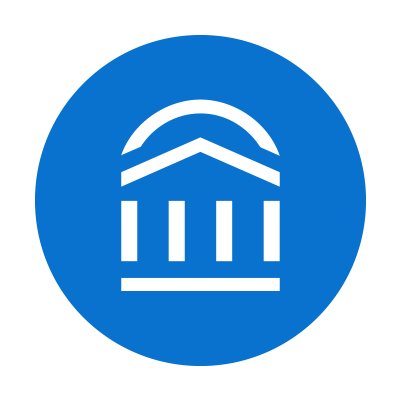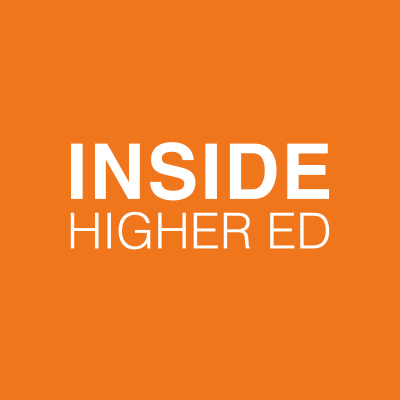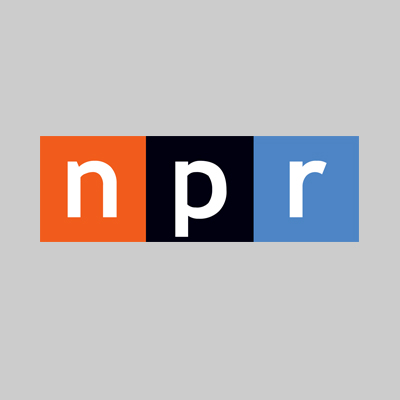
The Hechinger Report
June 04, 2019 Student Success
Between 2000 and 2015, the number of Latinx college students more than doubled, but they are half as likely as their non-Hispanic white peers to graduate with a bachelor’s degree. As a result, colleges are exploring ways to tailor services to better support these students to and through college.

Education Dive
June 24, 2019 Enrollment Management Trends, Student Success
A growing trend as education is turning to become more skill-based is overlaying a skills map — which details the knowledge or abilities needed for a given job — on top of the requirements for a traditional college degree. This practice ensures the curriculum is adequately preparing students, while also sending a signal to employers that graduates can meet the demands of a given job.

Education Dive
May 22, 2019 Student Success, Value and Affordability
Flagship universities in 46 states have grown their non-need-based aid pools faster than need-based, as tuition discounting has been used to grow enrollment and attract wealthier students. However, some colleges are recently walking back their focus on merit and academic scholarships in order to focus on need-based aid.

Education Dive
May 22, 2019 Student Success, Value and Affordability
The Federal Work-Study program has existed for more than half a century, but many are concerned it is not fulfilling at least two of its mandates: helping low-income students afford college and offering employment that aligns with academic and/or career goals. Proposed legislative change will help allocate additional money and resources toward the program to make it more beneficial for the students it serves.

Chronicle of Higher Education
May 16, 2019 Student Success, Value and Affordability
As questions remain regarding the value and benefits of a college degree, the Bill and Melinda Gates Foundation is seeking answers. A newly created Commission on the Value of Postsecondary Education will measure and convey the economic value of a college credential. The commission aims to provide information for college administrators, policy makers, and students and families alike.

Education Dive
May 09, 2019 Student Success, Value and Affordability
Federal work-study programs have existed for decades to assist students in preparing for careers and to improve their financial security. As student needs continue to evolve, improvements to the FWS program model are crucial. Suggestions include increasing the pay rate and providing opportunities that are aligned with students’ academic and career interests. NASPA has developed a self-assessment rubric for colleges to use in improving on-campus employment opportunities for students.

EAB
April 24, 2019 Student Success
EAB recently compiled eight different data sources to create a holistic view of actual college outcomes, and how many get a return on their investment regarding their education.

The Washington Post
April 26, 2019 Student Success
Although a United States territory, high schools in Puerto Rico have significantly high dropout rates and low college completion rates. Many students and counselors are unaware of college application and FAFSA processes, depriving students of financial aid and education they are qualified for. Certain organizations address these issues directly and assist with sending Puerto Rican students to the mainland United States to study. (Subscription required)

Inside Higher Ed
April 11, 2019 Student Success
Historical support of first-generation students tends to focus on potential knowledge gaps the students may have and how to overcome them. In order to best support first-generation students on campus, a necessary recognition of the challenges they face balanced with identifying and expressing the skills and unique perspective these students possess is essential.

NPR
April 04, 2019 Student Success
Free college programs for adult students, such as Tennessee Reconnect, help eliminate the financial burden that comes with enrolling in school. However, other factors such as work and family also hinder an adult student’s ability to stay enrolled in and complete school. Targeted additional support and ensuring processes for enrolling, registering, and advising are seamless are a few ways to provide assistance to this specialized population of students.